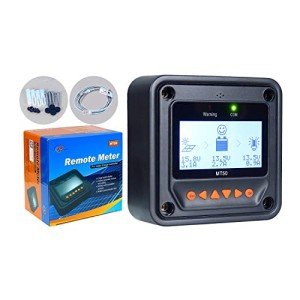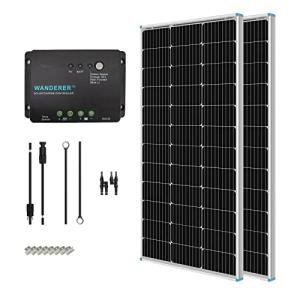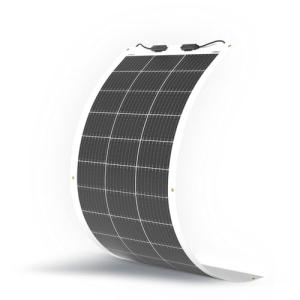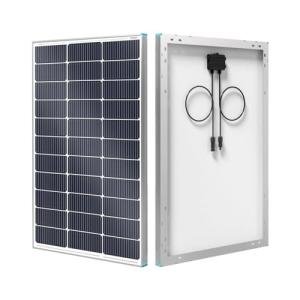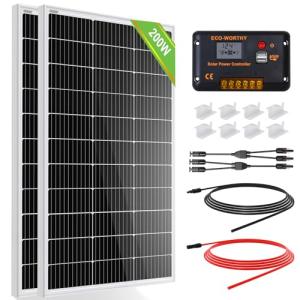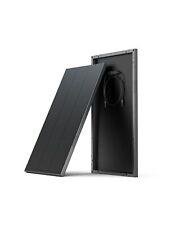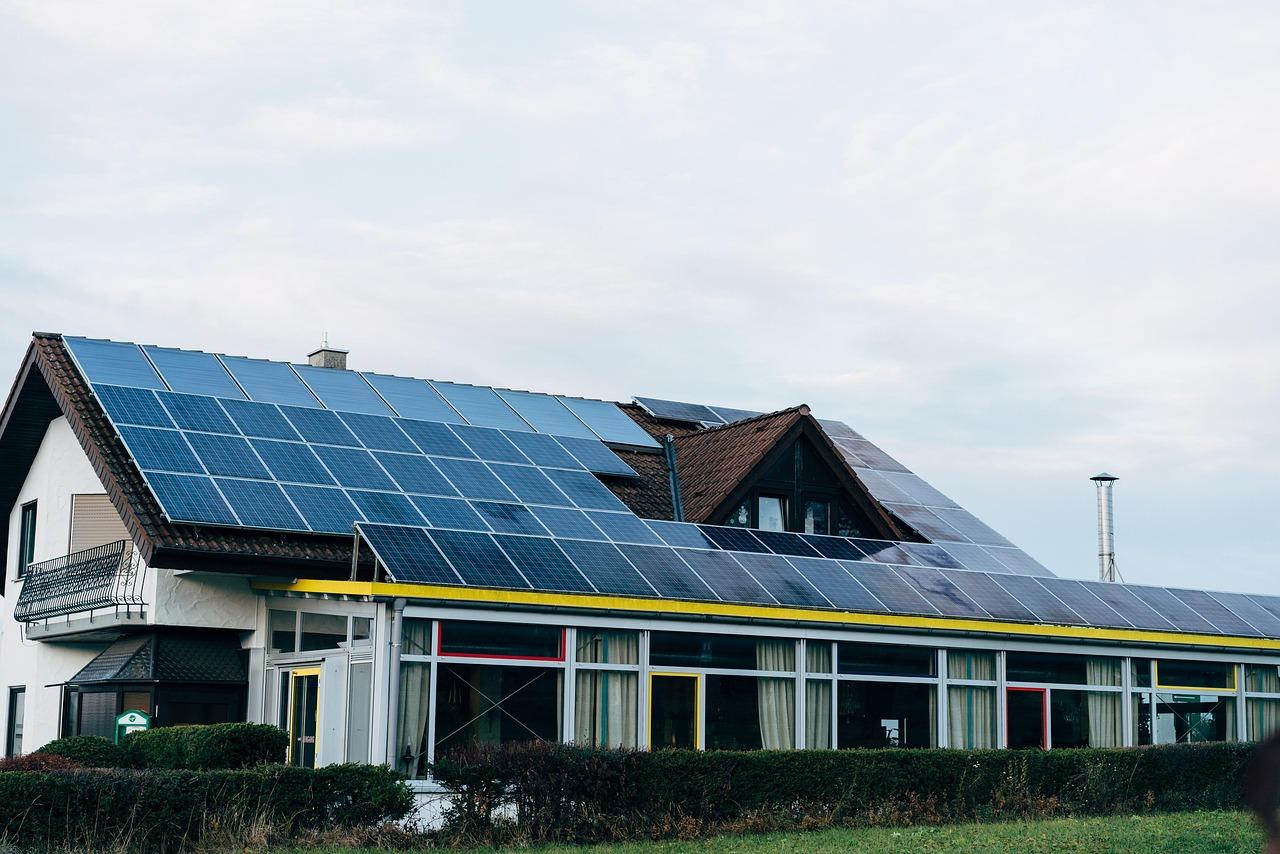When it comes to solar panel cost, a few key factors come into play that can affect your wallet. First off, the type of solar panels you choose matters. There are different options, like monocrystalline, polycrystalline, and thin-film panels, each with its own price range. Monocrystalline panels are often the most efficient and tend to be pricier, while polycrystalline panels offer a good balance between cost and efficiency.
Next up is system size. The bigger the system, the more you might pay. That’s because larger setups require more panels and additional equipment. Think about how much energy your household uses when deciding how many panels you’ll need. A home with higher energy consumption will definitely require a larger system, which means a higher solar panel cost.
Installation also plays a big role in the total cost. This includes labor, permits, and any extra equipment needed, like inverters and mounts. Prices can vary based on where you live, so shop around and get a few quotes from local installers. Remember to check if they include warranties or maintenance in their pricing, as that can save you money later on.
Lastly, don't forget about incentives! Many states and the federal government offer tax credits, rebates, and other programs to help lower your solar panel cost. Make sure to research what’s available in your area. These financial perks can make a significant difference, so take advantage of them!
Factors That Affect Solar Panel Costs
When you're looking into solar panel costs, several factors come into play that can really impact your wallet. First off, the type and brand of solar panels you choose can make a big difference. Some brands offer high-efficiency panels that can save you money in the long run, while others may be more affordable upfront but less effective. Do your research to find out what suits your home best.
Next, installation expenses can vary quite a bit. If you're looking at a complicated roof or need extra support for your solar panel system, those costs will go up. Make sure you get quotes from different installers and don’t be afraid to ask questions. It’s your money, so knowing what you're paying for is important!
The size of your solar panel system is another key factor in solar panel cost. Generally, the larger your system, the higher the initial price. However, a bigger system usually means more electricity generated, which can offset that cost over time. Think about your energy needs and how much space you have available for solar panels.
Finally, don’t forget about incentives and rebates in your area. Some states and local governments offer grants or tax credits to help you save on solar panel costs. These can significantly lower your overall investment, making solar power an even more attractive option for your home.
EPEVER MT50 Remote Solar Charge Controller Monitor
Keep your solar system in check with this user-friendly remote monitor that tracks charging performance and battery status in real time
Product information
€34.99
Product Review Score
4.83 out of 5 stars
21 reviewsProduct links
Calculating Your Home's Solar Needs
Want to figure out how many solar panels you need? It’s easier than you might think! Start by checking your electricity bill. Look for the monthly kilowatt-hour (kWh) usage. This number will help you estimate how much solar power you need.
Next, you’ll want to know how much sunlight your location gets. Some areas are sunnier than others, and that affects how much energy your panels can generate. Use a solar insolation map or local data to find the average daily sun hours in your area. Multiply this number by 365 to figure out your yearly sun exposure.
Now, use this formula to get a rough estimate of how many panels you'll need: divide your annual kWh usage by the number of sun hours in a year (daily sun hours x 365) and then divide the result by the output of one solar panel (usually around 300-400 watts). This will give you a good idea of how many panels you should look into for your home.
Keep in mind that different panels have different efficiencies and prices. This is where the solar panel cost comes into play. Higher efficiency panels may cost more but can save you space and increase your energy production. Don't forget to factor in potential savings from incentives and tax credits when considering your overall investment!
Renogy 200W Monocrystalline Solar Panel Kit
Efficient power generation for your off-grid adventures and energy needs
Product information
€215.99
Product Review Score
4.92 out of 5 stars
162 reviewsProduct links
Ways to Save on Solar Installation
First off, check for local and federal incentives. Many areas offer tax credits that can slash your solar panel cost significantly. Some states even have rebates or grants. It’s worth looking into what your location offers, as you might be surprised at the savings.
Another great option is to shop around. Don’t settle for the first quote you receive. Get estimates from multiple installers. Prices vary, and some companies may offer discounts or promotions that help reduce your overall solar panel cost.
You might also consider going with a less popular solar panel brand. Well-known brands can be pricey, but there are lesser-known names that offer solid performance without the hefty price tag. Research and read reviews to find a reliable option that fits your budget.
Lastly, think about financing options. Many solar installers provide flexible payment plans, loans, or leasing options. These can make the upfront costs more manageable. Just be sure to read the fine print and calculate the long-term savings to ensure you’re making a smart choice.

